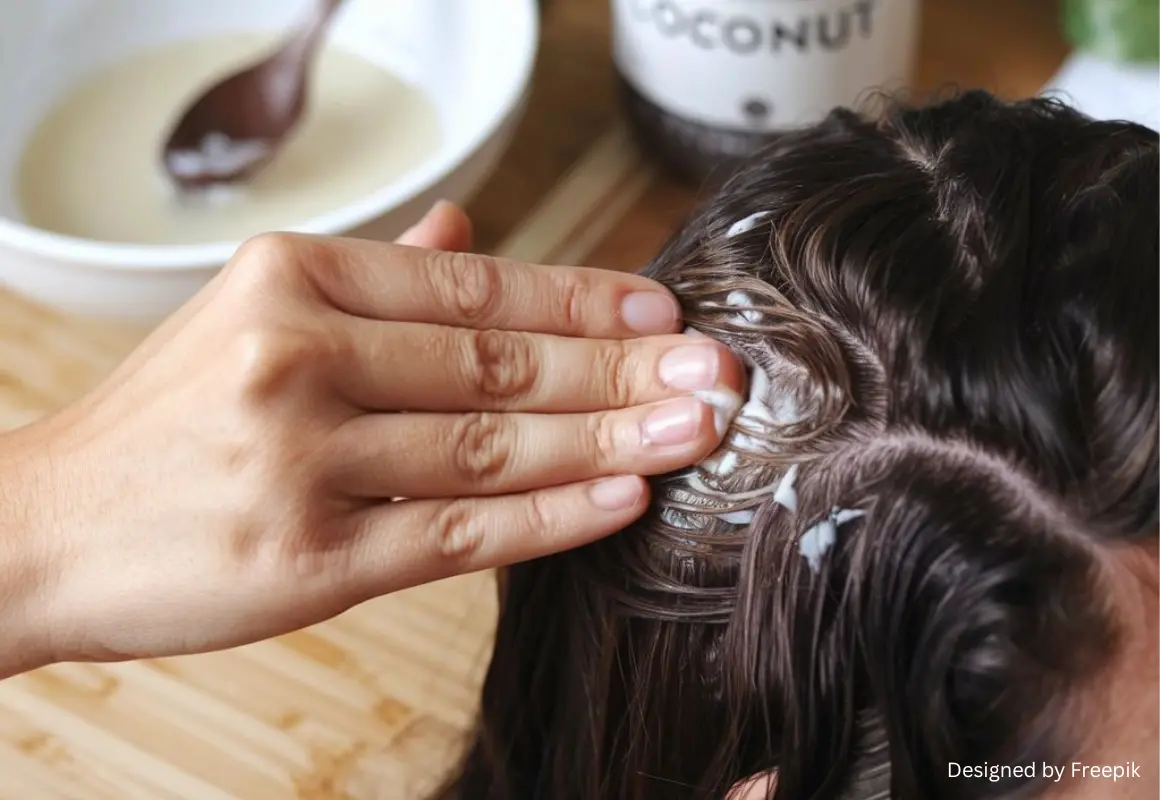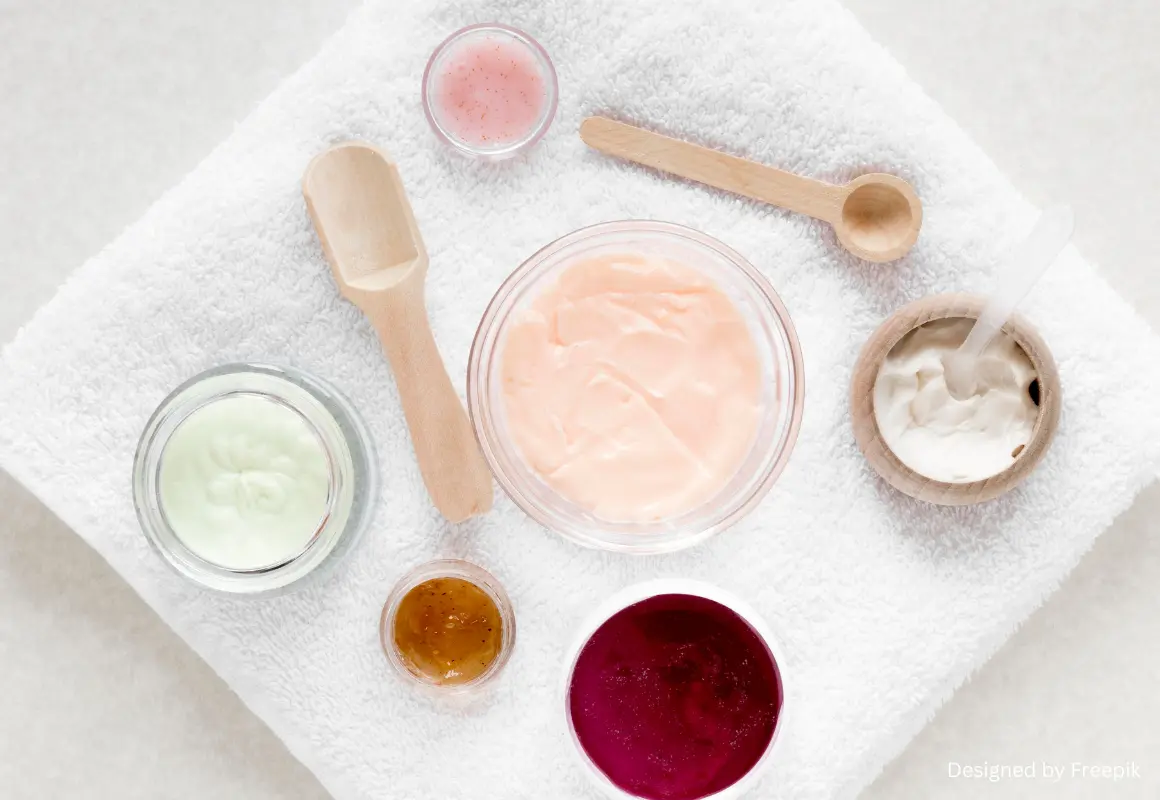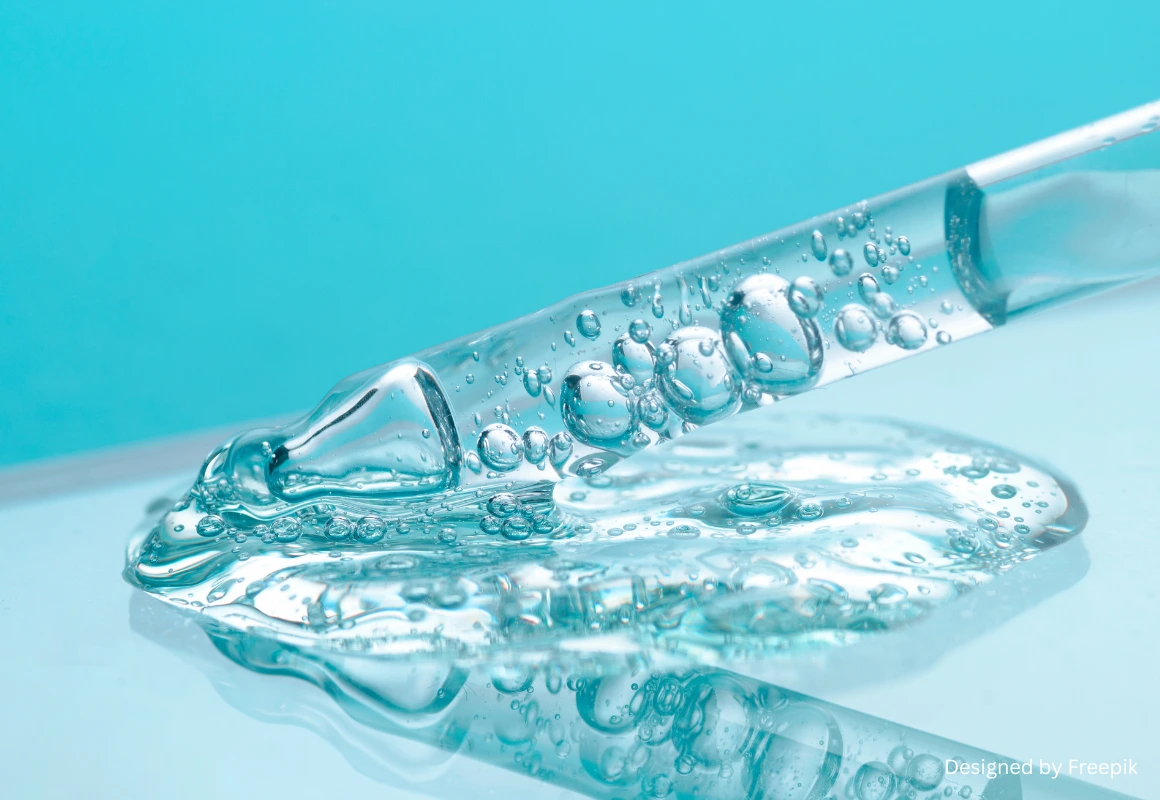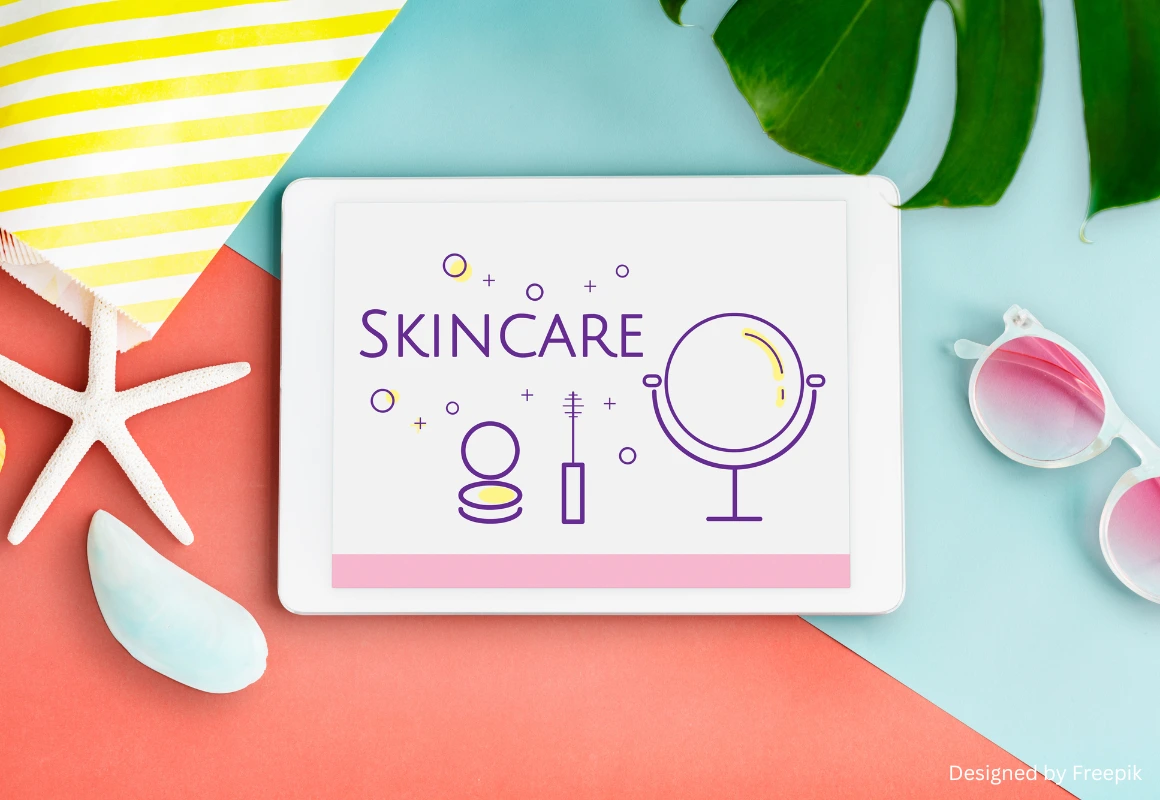Achieve Beautiful, Glowing Skin Easily with Exfoliation: Skin Care Tips You Shouldn't Miss

What is exfoliation and why is it important?
Exfoliation is the process of removing dead skin cells from the face and body using products containing exfoliating particles like sugar, salt, or natural ingredients. This process stimulates the regeneration of new skin cells, helping the skin look brighter and softer. Exfoliation not only deeply cleanses the skin but also allows skincare products to absorb better, as clean skin is more receptive to nutrients.
Benefits of Exfoliation: Radiant, Smooth Skin and Acne Reduction
Exfoliation not only leaves the skin feeling soft but also helps reduce clogged pores, which can cause blackheads and inflamed acne. Regular exfoliation helps reduce dullness from the accumulation of dead skin cells. It also stimulates blood circulation, promoting healthier, rosier skin and reducing premature wrinkles.
Types of Exfoliants: Which One is Right for Your Skin?
● Sugar Scrubs: Gentle on the skin, ideal for dry or sensitive skin as they gently remove dead skin cells.
● Salt Scrubs: Known for their antiseptic and anti-inflammatory properties, perfect for oily skin or acne issues.
● Coffee Scrubs: Rich in antioxidants, these scrubs help reduce cellulite and tighten the skin.
Choosing the right exfoliant for your skin type is crucial to prevent irritation or other skin problems.
How to Exfoliate Properly: Protect Your Skin from Damage
Exfoliation should be done gently and no more than 2-3 times per week to avoid damaging the delicate skin layers. After exfoliating, moisturize your skin with a cream or lotion that contains hydrating ingredients to maintain moisture and prevent dryness. Over-exfoliation can disrupt the skin's balance and cause irritation.
DIY Natural Exfoliants: Easy Scrubs You Can Make at Home
You can make your own exfoliants at home with natural ingredients. For example, mix yogurt with sugar and honey for a gentle scrub that nourishes your skin. Additionally, using coffee mixed with coconut oil can boost moisture and help reduce cellulite effectively.
What to Avoid in Exfoliation: Tips for Dry, Irritated, or Sensitive Skin
Dry or sensitive skin may react more to exfoliation than normal skin. Using harsh scrubs or scrubbing too hard can cause irritation or peeling. For those with delicate skin, choose gentle exfoliants made from natural ingredients like sugar or oatmeal, and avoid scrubbing when your skin is irritated or has wounds. Always scrub softly to avoid damaging your skin.
Exfoliation and Skin Recovery: Post-Exfoliation Care Tips
After exfoliating, skin recovery is crucial. The freshly exfoliated skin is more sensitive and better able to absorb nutrients from skincare products. Therefore, applying a cream or serum with moisturizing ingredients like aloe vera or argan oil is essential to restore moisture. Avoid using products that contain alcohol or drying agents. Additionally, sunscreen is a must, as freshly exfoliated skin is more sensitive to sunlight.
How Often Should You Exfoliate? Is More Always Better?
Many people wonder how often they should exfoliate. Generally, exfoliating 1-2 times a week is sufficient, as the skin needs time to recover and regenerate new cells. Over-exfoliating can cause dryness and irritation. If your skin starts peeling or feeling dry, reduce the frequency of exfoliation to prevent disrupting the skin’s balance.
● Journal of Dermatology Science (2021). “Effectiveness of Exfoliation in Skin Cell Regeneration.”
● American Journal of Clinical Dermatology (2020). “Exfoliation for Acne and Wrinkle Reduction: A Clinical Study.”
● International Journal of Cosmetic Science (2019). “Salt Scrubs and Inflammation Reduction: An Evaluation.”
● The Journal of Skin Pharmacology and Physiology (2018). “Balancing Natural Oils Through Proper Skin Exfoliation.”
● Journal of Natural Products* (2017). “The Role of Natural Ingredients in Skin Care Products.”







.webp)

